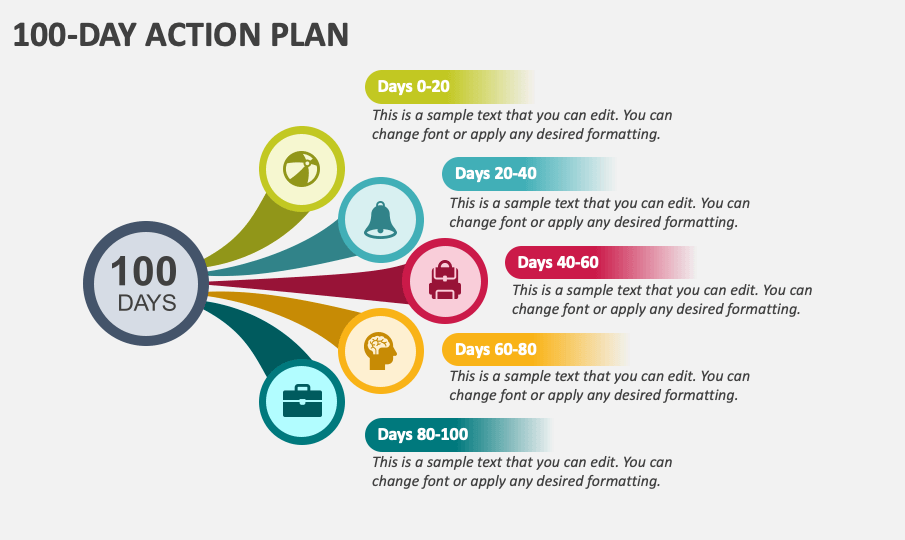Understanding the Importance of Action Plans

Introduction
In today’s fast-paced and unpredictable world, having a well-structured action plan is crucial for individuals and organisations alike. An action plan serves as a roadmap that outlines tasks, assigns responsibilities, and sets deadlines to achieve specific objectives. Whether it’s for a business project, a personal goal, or community initiatives, the relevance of creating an actionable and measurable plan cannot be overstated.
What is an Action Plan?
An action plan is a strategic document that summarises the steps required to achieve set objectives. It breaks down larger projects into manageable tasks, ensuring clarity and focus. The plan typically includes the following components:
- Goals: Clear and defined objectives that the plan aims to achieve.
- Action Steps: Specific tasks that need to be completed.
- Timeline: Deadlines for each task and the overall objective.
- Responsibilities: Individuals or teams assigned to each task.
- Resources: Required tools, funds, and materials to execute the tasks.
Current Trends in Action Planning
As organisations navigate through challenges such as economic shifts and resource constraints, the importance of agile action planning has emerged. A report from Project Management Institute (PMI) emphasises the need for adaptive action plans that allow flexibility and adjustment in response to unforeseen changes. Companies are increasingly leveraging digital tools and software to create, monitor, and adjust action plans in real-time, promoting a more collaborative environment.
Examples of Effective Action Plans
Successful businesses often share traits in their action planning processes. For instance, tech companies like Google use OKRs (Objectives and Key Results) as a form of an action plan that aligns the team on overarching goals while allowing flexibility on how to achieve them. In the public sector, action plans are crucial during crises; the UK’s National Health Service employed comprehensive action plans during the COVID-19 pandemic to coordinate response efforts effectively.
Conclusion
In conclusion, the significance of an action plan lies in its structure which facilitates goal achievement through defined steps and accountability. As we move forward in a complex environment, organisations and individuals who prioritise effective, adaptable action plans will likely see better outcomes and improved performance. Looking ahead, embracing technology and flexibility within action planning strategies will be essential for navigating future challenges and opportunities.






